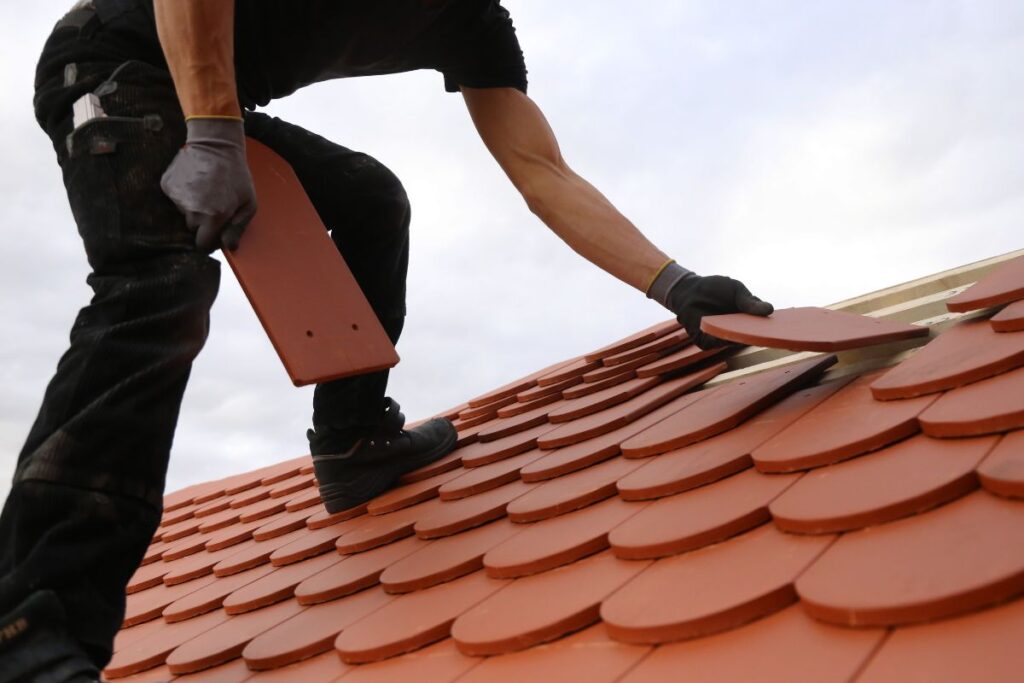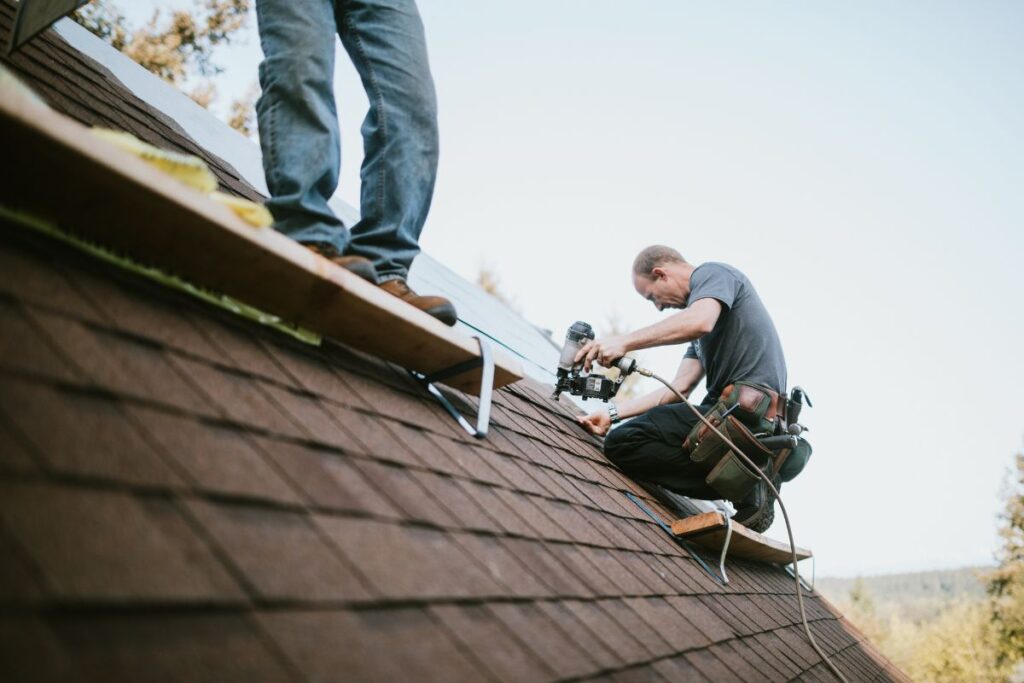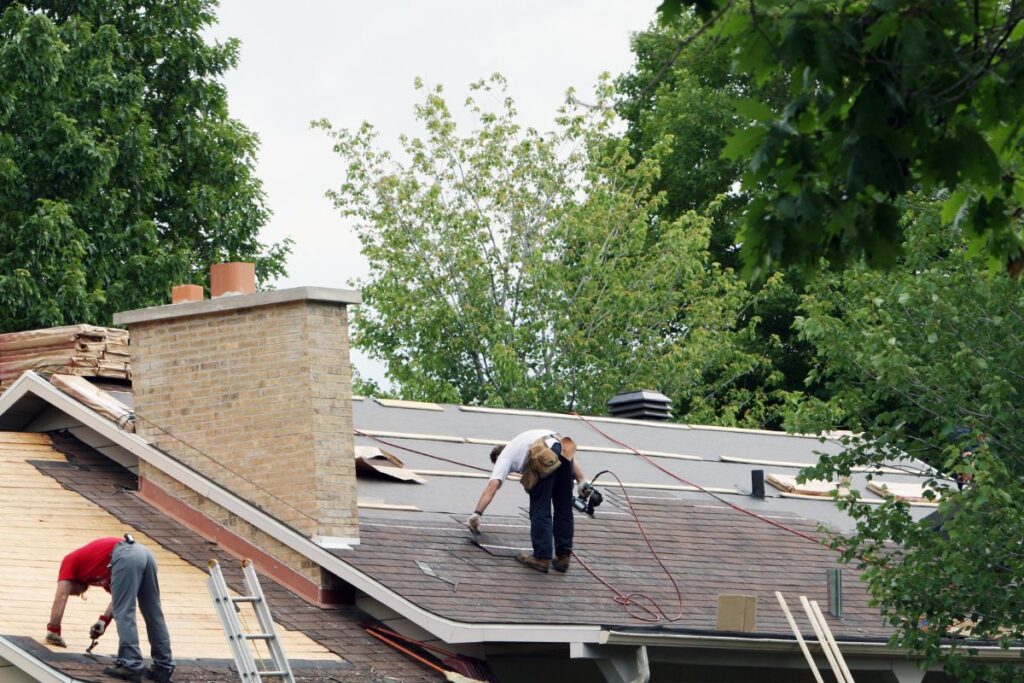One of the most critical investments homeowners make is replacing their roof. It not only safeguards your home from the elements but can also significantly enhance your property’s value and curb appeal. However, the price tag can seem daunting. Understanding what goes into the cost of a new roof can help you plan your budget more effectively and appreciate the value of this investment. Here’s a breakdown of the potential costs involved.
- Roofing Material
This is often the most significant expense, and it varies considerably based on your choice of material. Asphalt shingles, a common choice, can be on the less expensive end of the spectrum, while materials like metal or slate can cost significantly more due to their durability and aesthetic appeal.
- Size and Complexity of the Roof
The size of your roof directly impacts the cost as roofing materials are typically priced per square metre. The more area your roof covers, the more materials you’ll need. The complexity of your roof can also affect the price. If your roof has multiple levels, steep slopes, or intricate designs, it will take more time, effort, and materials to complete.
- Labour Costs
Labour costs vary depending on the complexity of the project and the contractor’s experience. It’s worth investing in a skilled and experienced contractor to ensure a quality job that will last for years. Remember, labour usually includes not just the installation itself, but also the removal and disposal of your old roof.
- Underlayment and Flashing
Underlayment provides a water-resistant barrier, while flashing helps direct water away from critical areas like chimneys and vent pipes. The cost of these components and their installation will also be factored into the total price.
- Permit Fees
Depending on your local council rules, you may need to pay for a permit to install a new roof. The cost varies by location and sometimes depends on the cost of the project itself.
- Additional Repairs
If your roof has underlying issues, such as damaged roof decking or structural issues, these will need to be addressed before installing a new roof, increasing the overall cost.
- Warranty
Some roofers offer extended warranties that go beyond the manufacturer’s warranty for the materials. These can provide additional peace of mind, but at an extra cost.
It’s worth noting that while a new roof is a considerable expense, it’s also a significant investment in your home. A quality roof can increase your home’s value, improve its energy efficiency, and protect your home for decades to come.
At Kiwi Roof Masters, we provide transparent, detailed estimates, helping you understand precisely what you’re paying for. Contact us today to discuss your roofing needs and to schedule a free consultation. We’re committed to providing quality new roofing solutions that fit within your budget.


